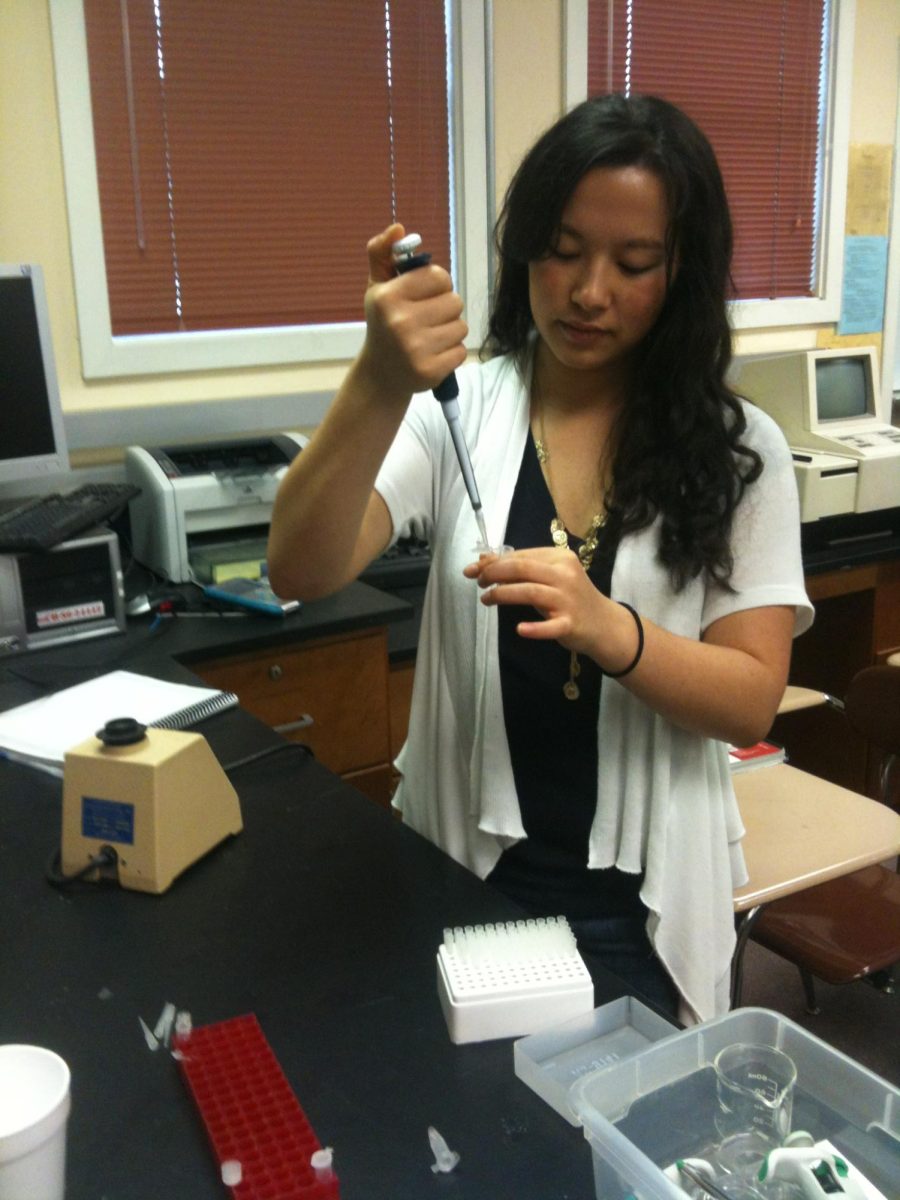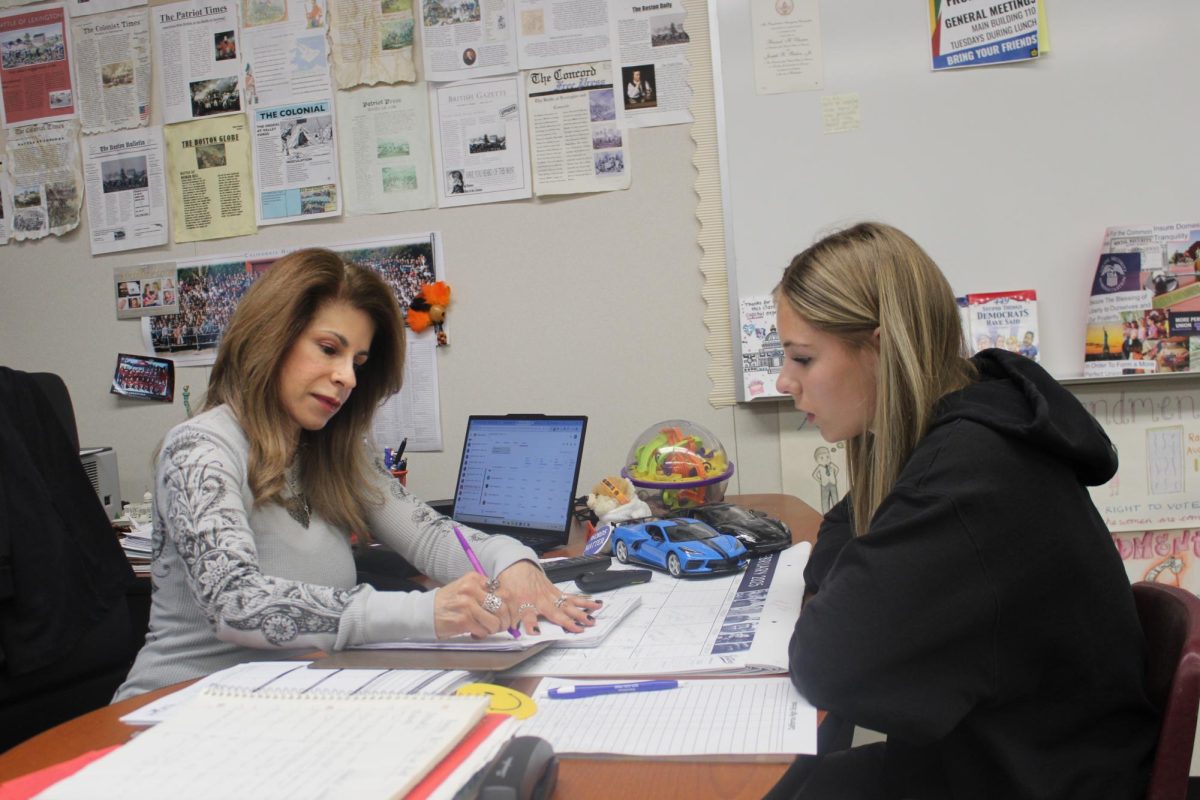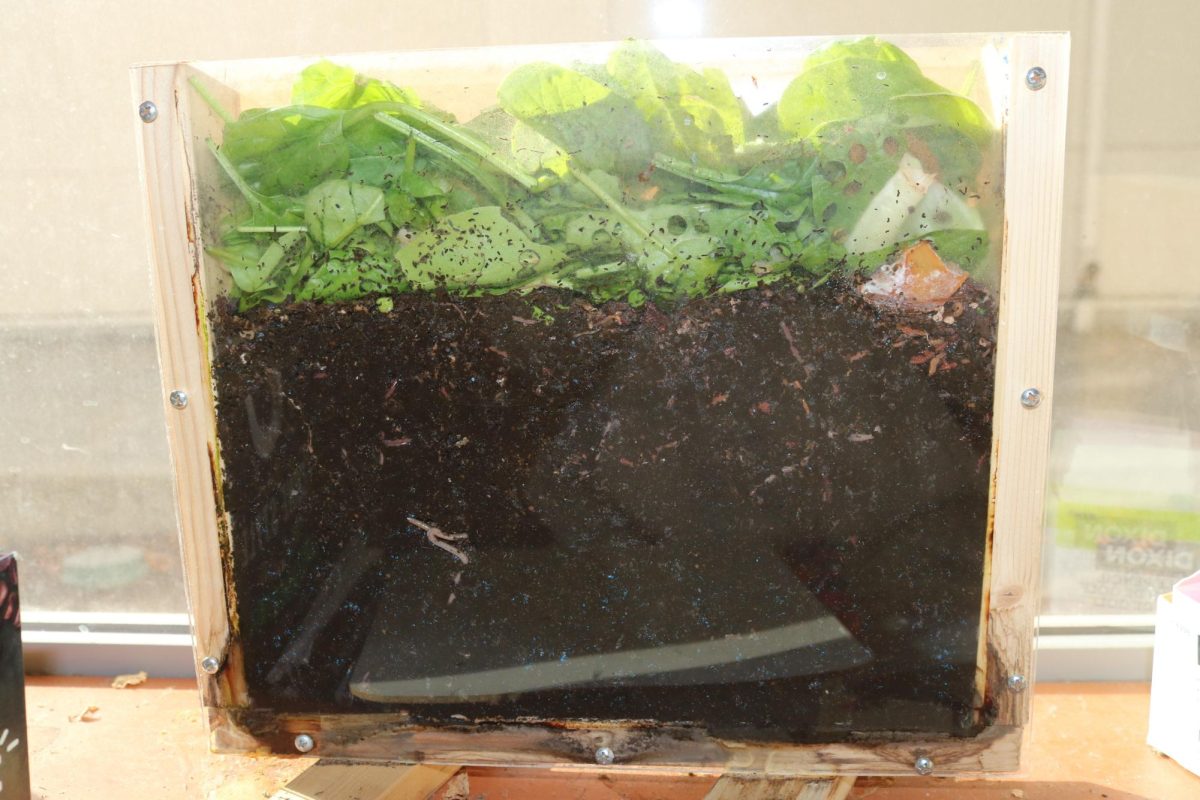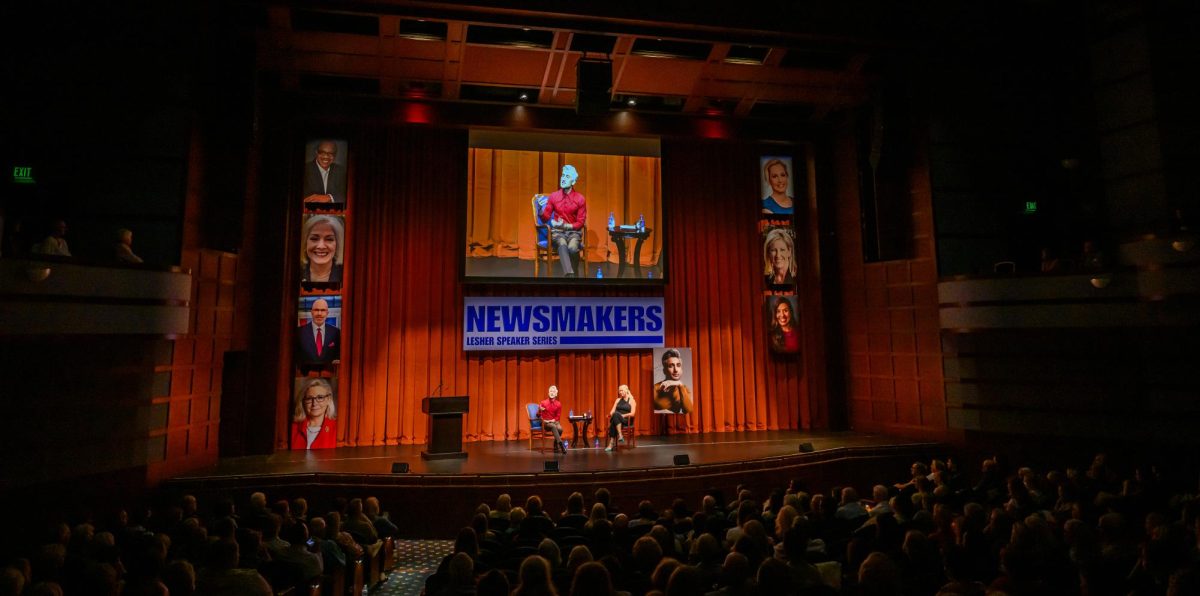Twitter helped set this year’s election ablaze, as both President Barack Obama and Republican challenger Mitt Romney used social media to bring their campaigns to greater heights by connecting with their supporters.
The amount of tweets sent during each presidential debate and on election night shattered previous records for tweets per minute, while the third and final debate amassed over 6.5 million tweets about it.
Unlike any other election, campaign workers tweeted non-stop about the candidates and their positions.
Before Obama even gave his victory speech on Nov. 6, he tweeted thanks to his supporters for helping with his re-election.
“(Twitter) makes the debates and election more accessible, open to more people, and also makes the election more entertaining,” said history teacher Anja Klein.
People from both political parties were also using the platform to show their support for the candidates they wanted, while using it to slam the other contender as well.
“I think that it’s been a good way for people to talk about the highlights of the debates, especially with the hashtags that we’ve been using,” senior Kara Avanceña said.
All over, Twitter users are bulldozing comments that they disagree with, and retweeting the ones that they agree with.
“I think Twitter is great because it keeps the debates honest,” senior Aditya Jalihal said. “If something isn’t true the internet immediately is there to call out both sides.”
As with any debate, Twitter can become a fighting zone full of harassment, allowing people to viciously attack others for simply having a different opinion.
“I’ve seen some people being harassed for their views, which I don’t believe these mediums were meant for,” said Jalihal.
Twitter has surely become a stomping ground for people to voice their opinions loudly, but it can come across as if they are just tagging along to what others are saying.
It is also a scene for some political bandwagoners.
“Twitter is sometimes bad, because people might not formulate their own opinion and just base it off other people’s opinion,” said junior Sara Bilich.
The debates sparked trending topics such as “Big Bird” and “Romney’s binder” because many people tried to come up with snarky comments related to those topics.
Some of the topics the debates covered lead to the creationg of various parody Twitter accounts making light of them, including @Romneysbinder and @Progressive_Now.
Many believe Twitter has changed future elections for the better because the social media site creates a quick and easy forum for debate. Twitter is also an appealing way for younger generations to become involved with the election.
“I think Twitter makes it easier for young people to get involved in the election and have their voices heard, which is great,” senior Katie Kellogg said. “However, on the other hand, Twitter makes it easier for false information to spread.”
To see younger generations interested and becoming apart of the whirlwind of politics is enormous for the future, students and teachers said, showing hope for what’s to come of the United States.





